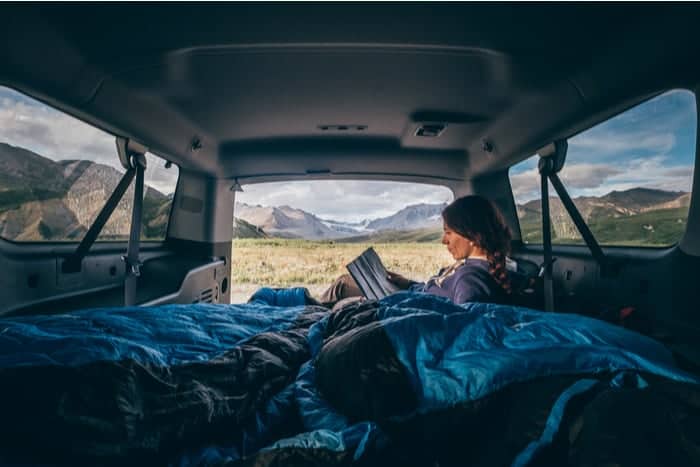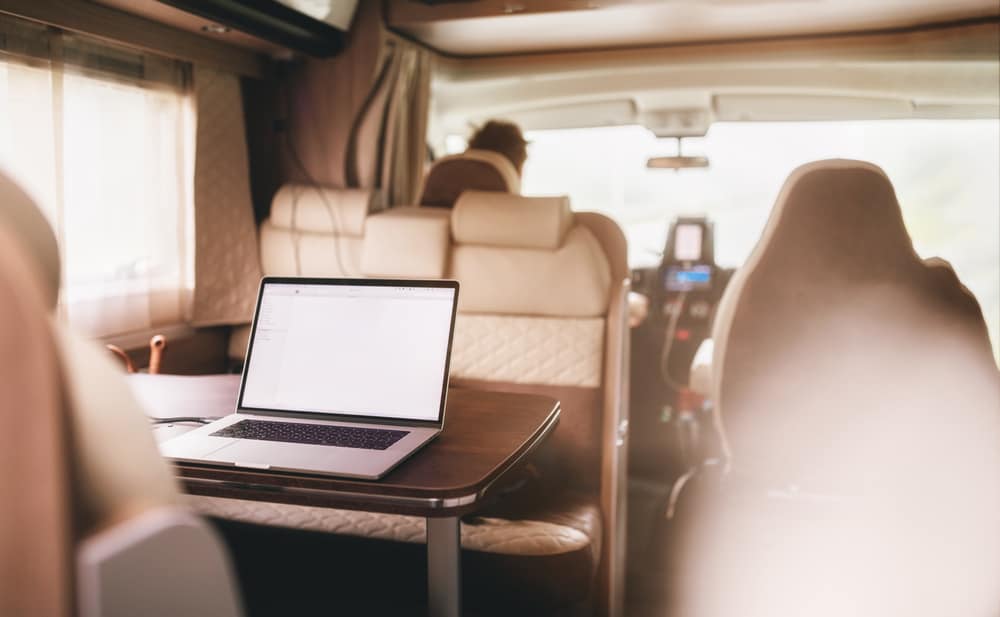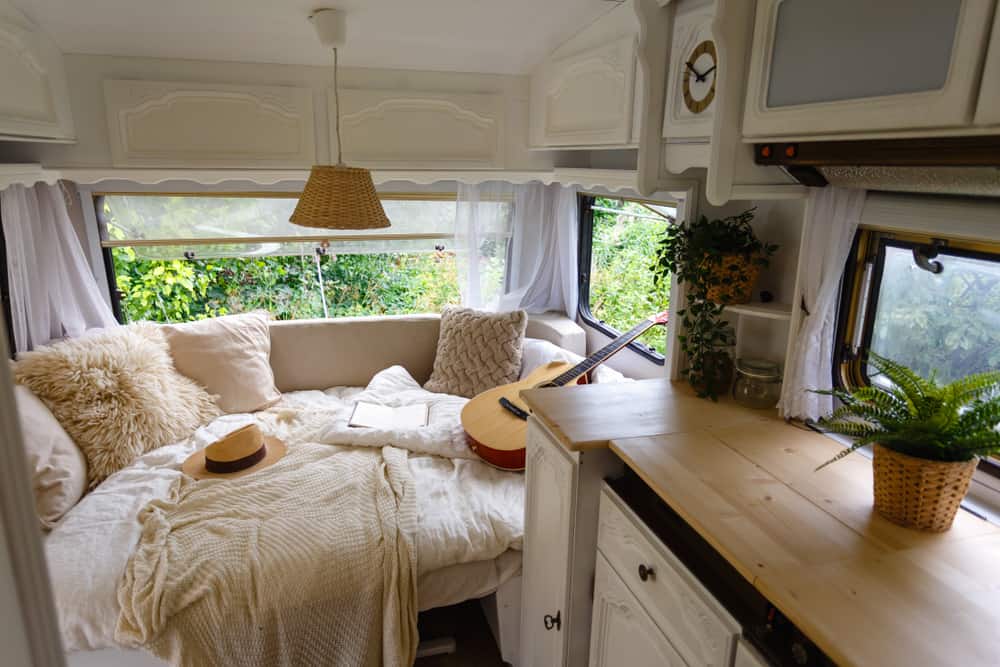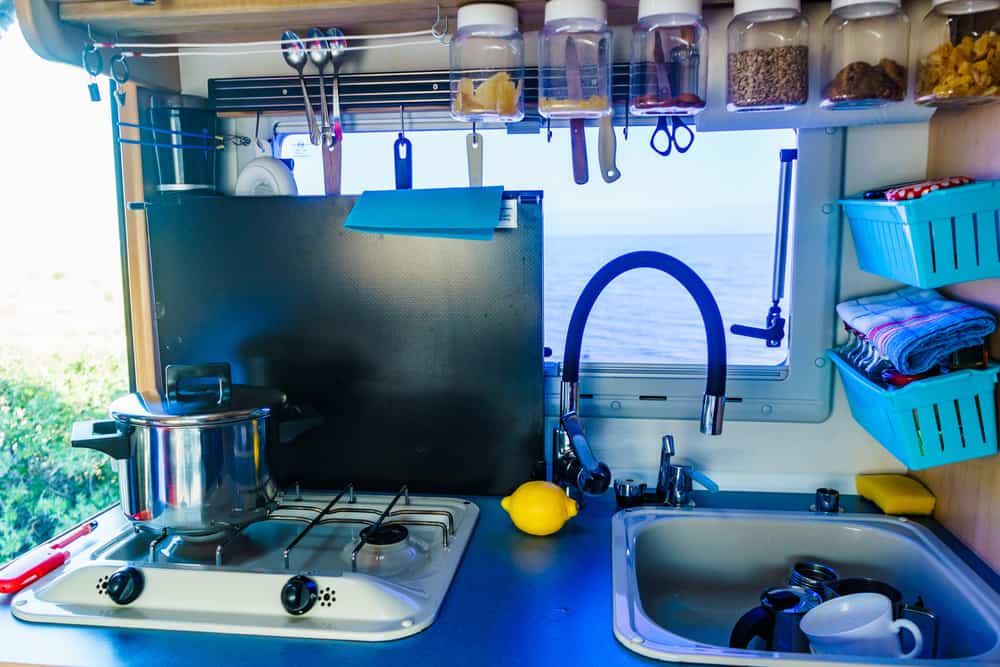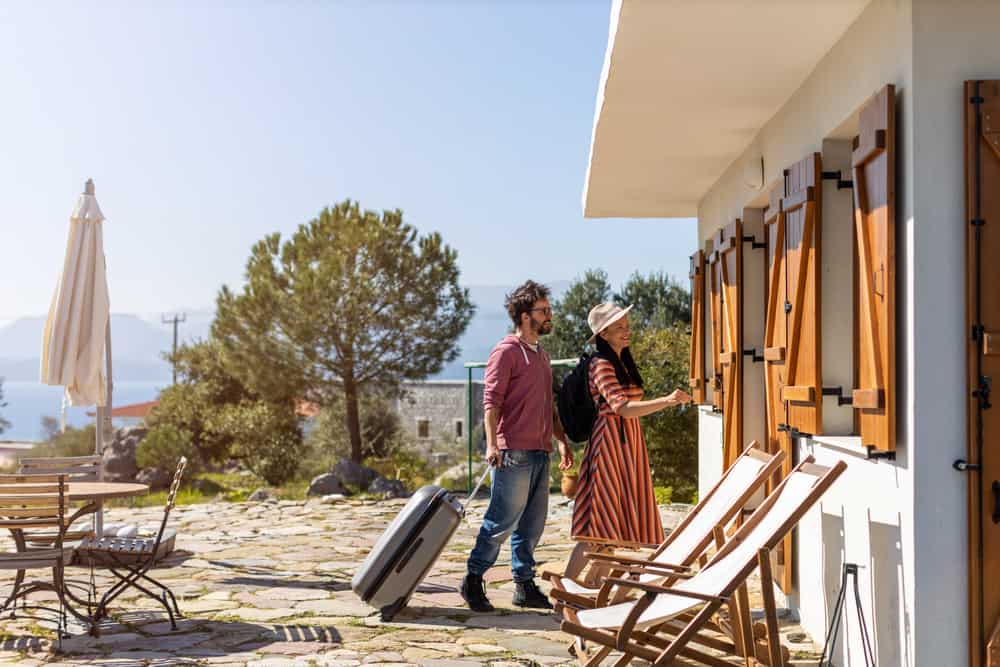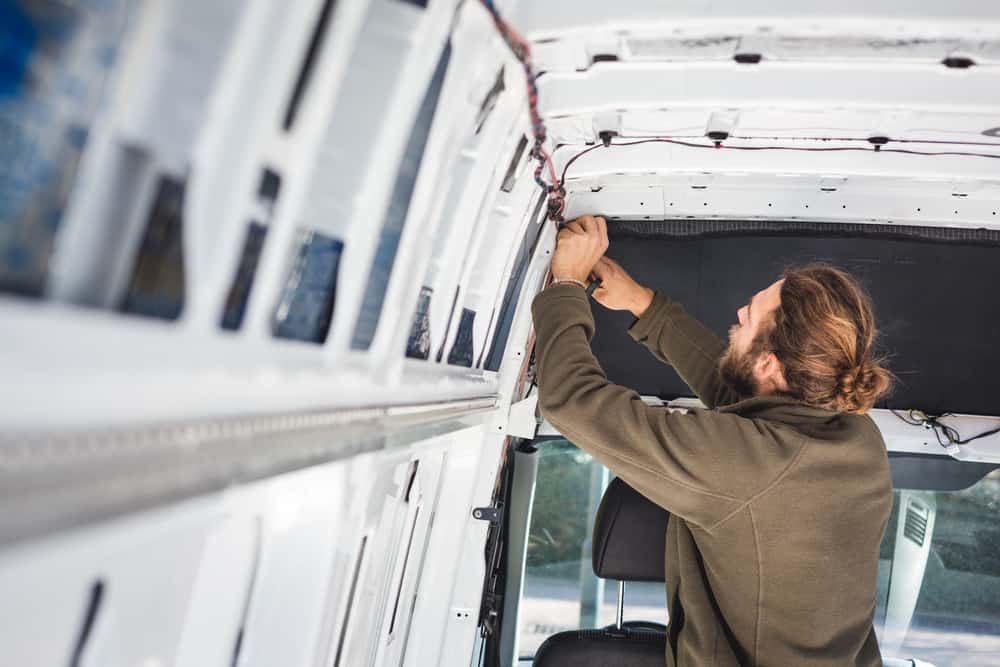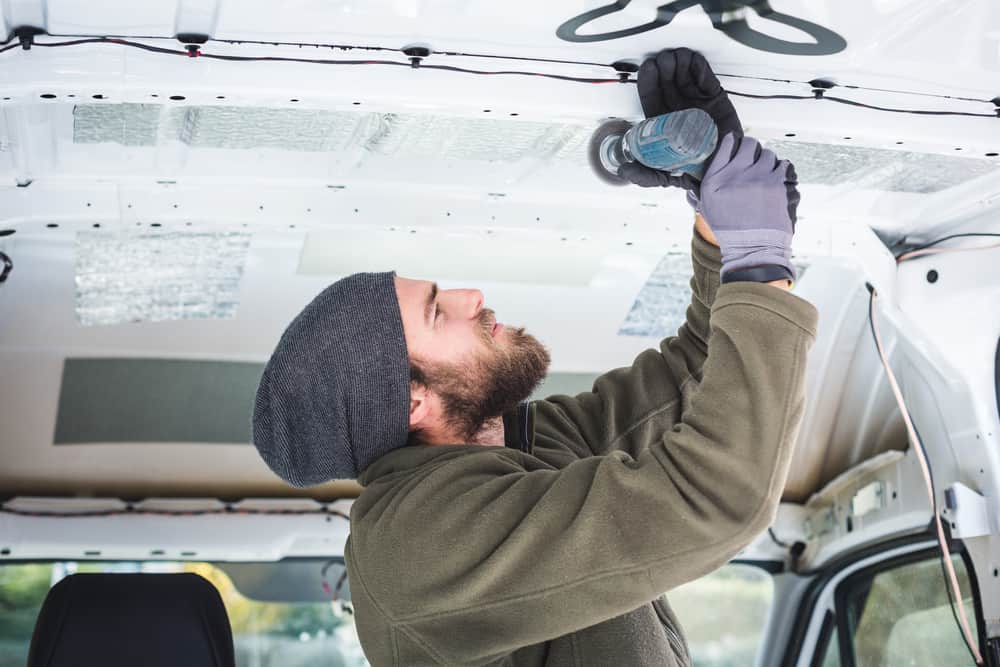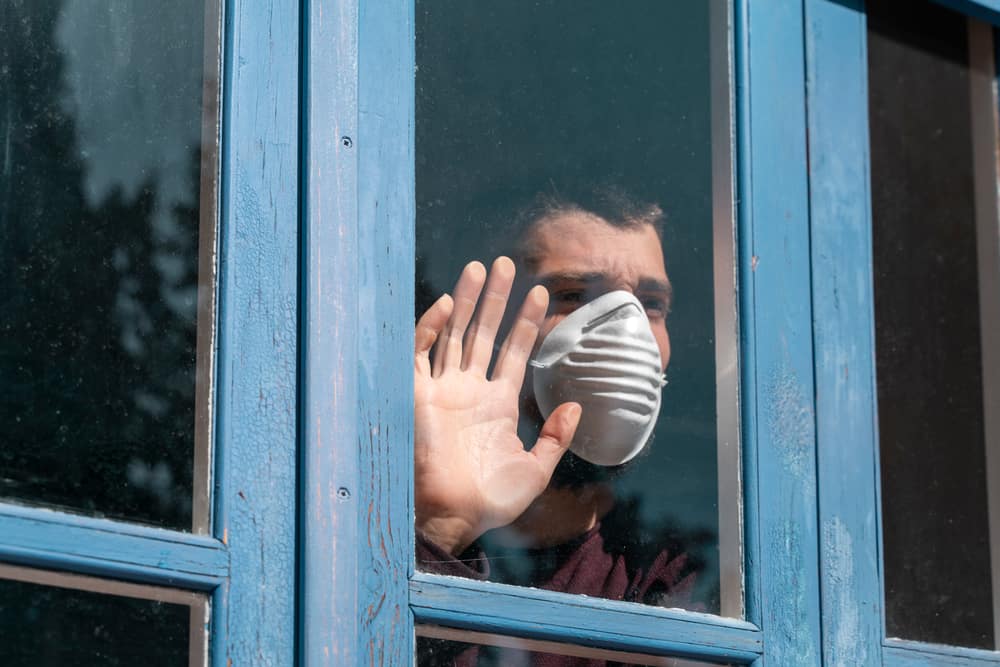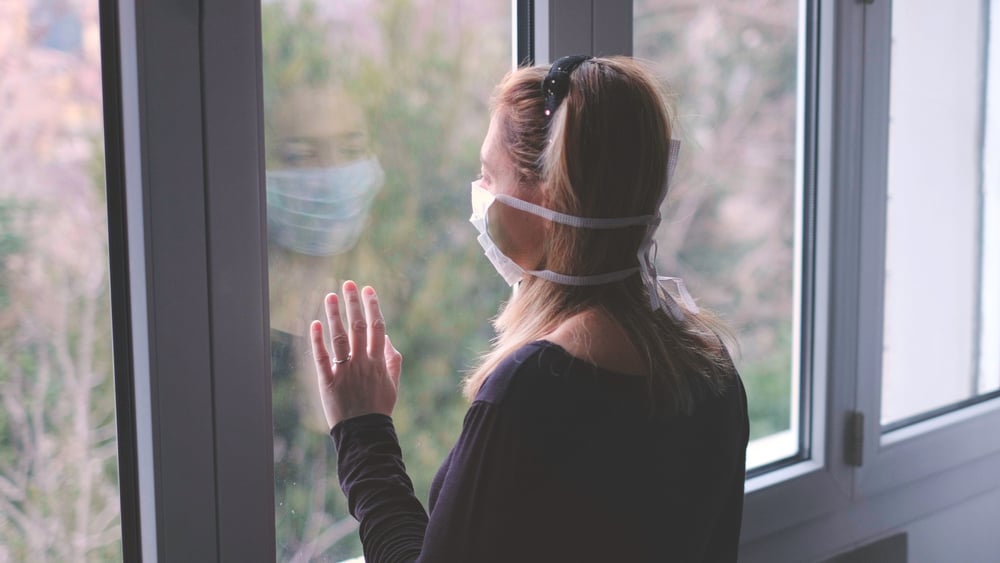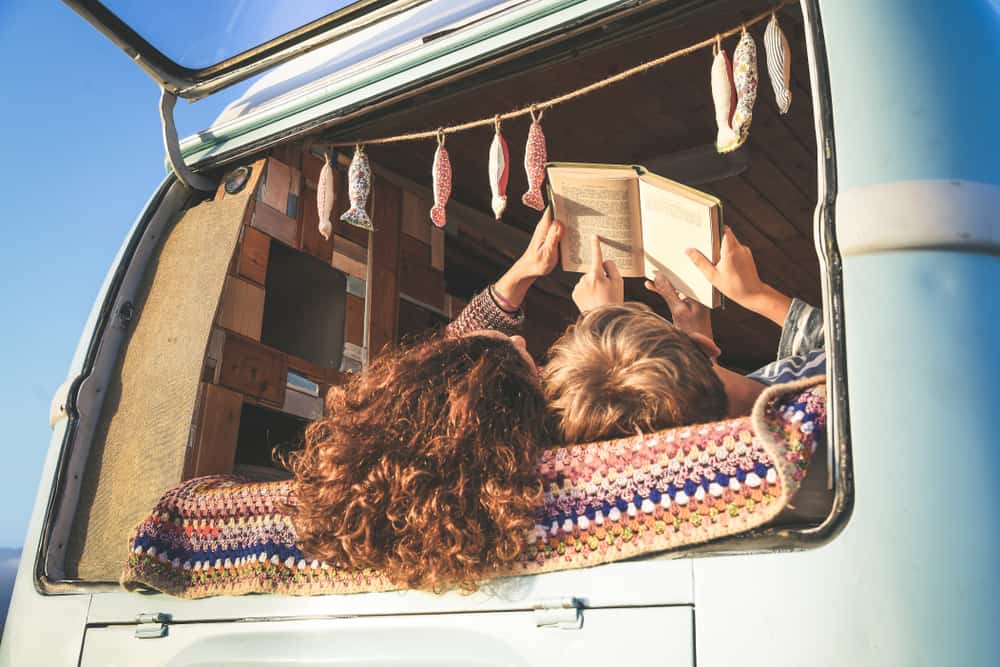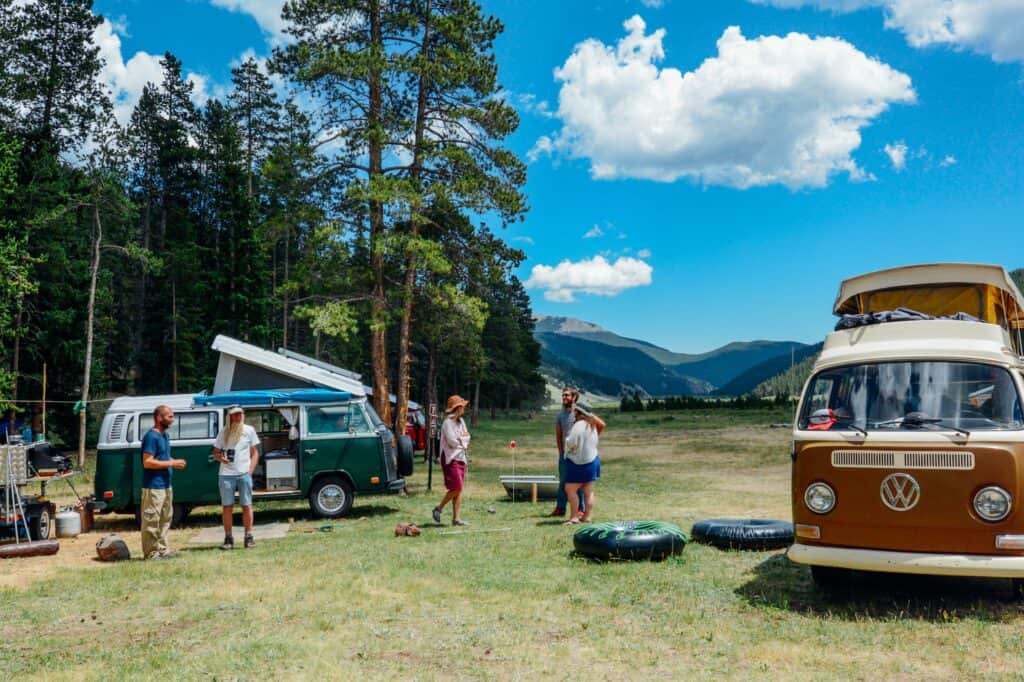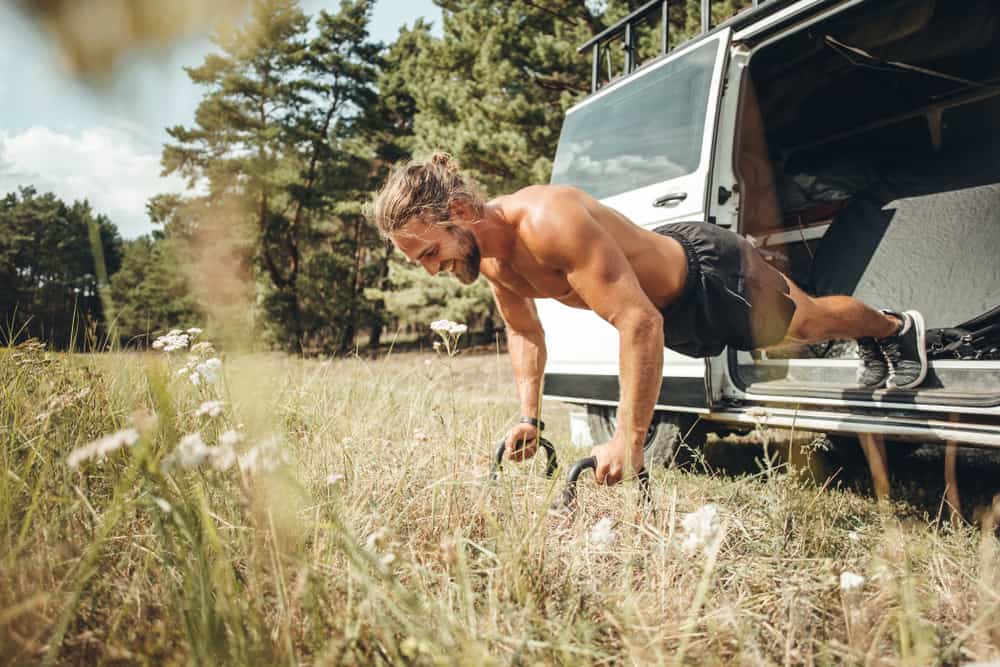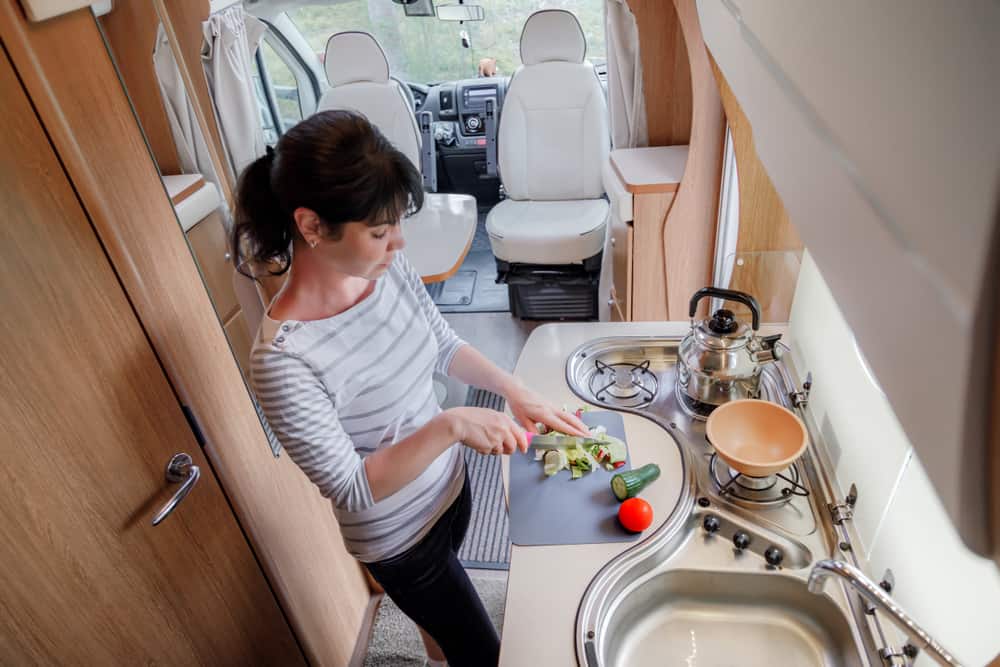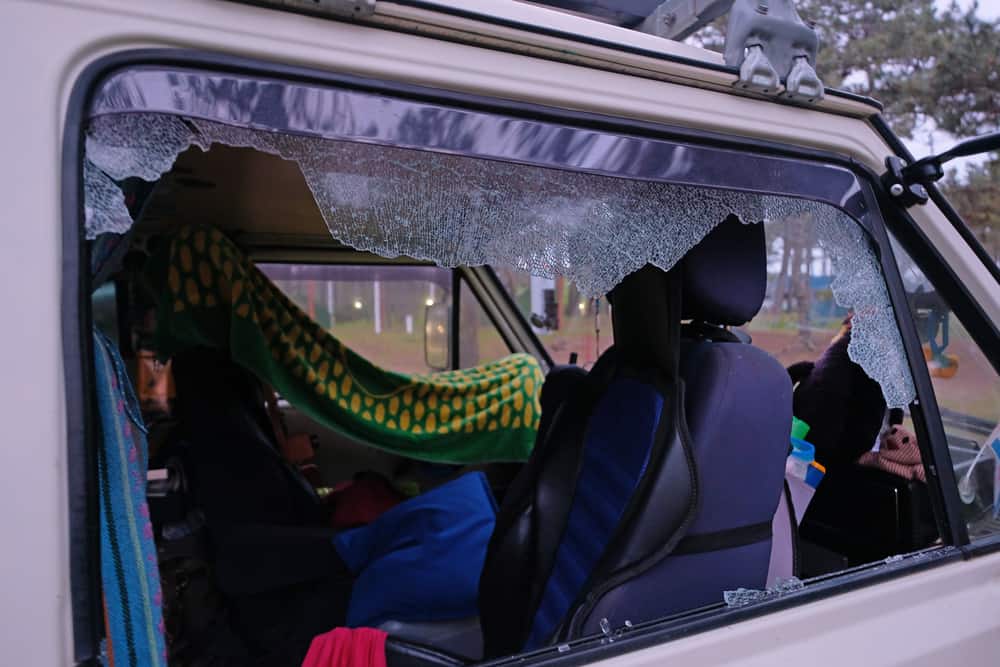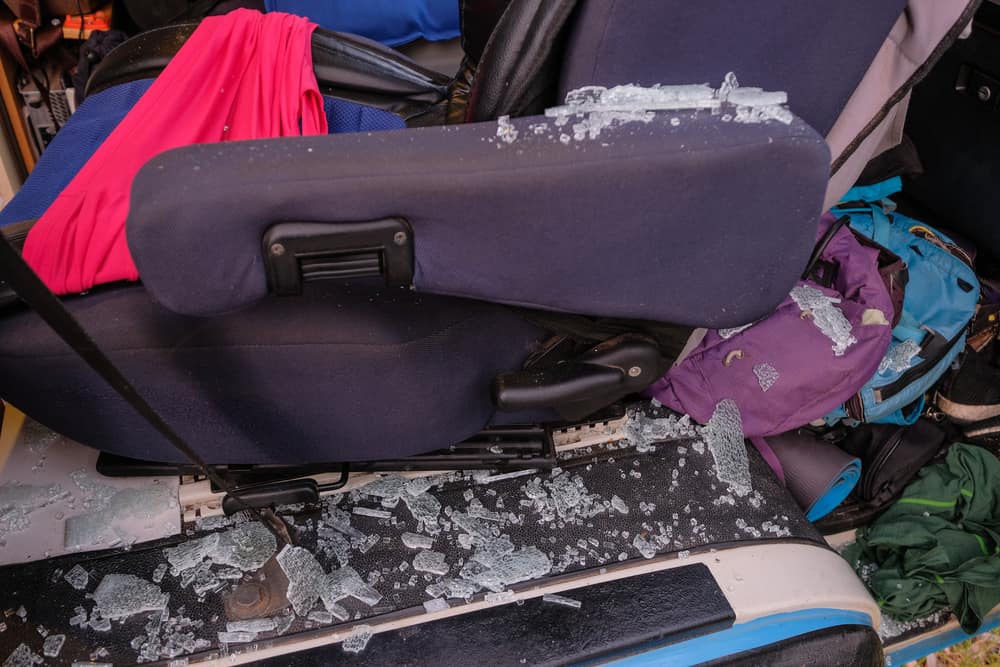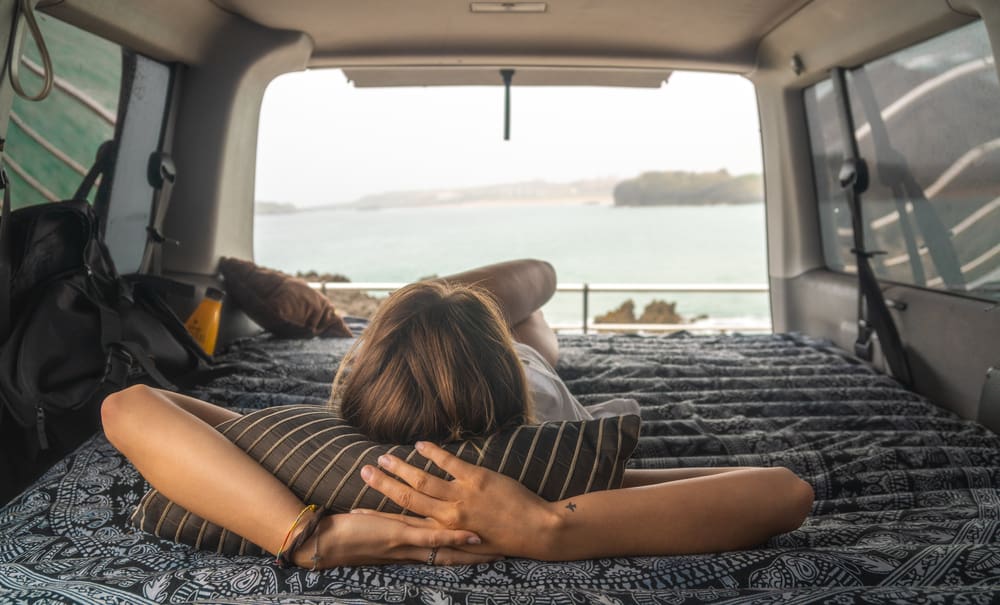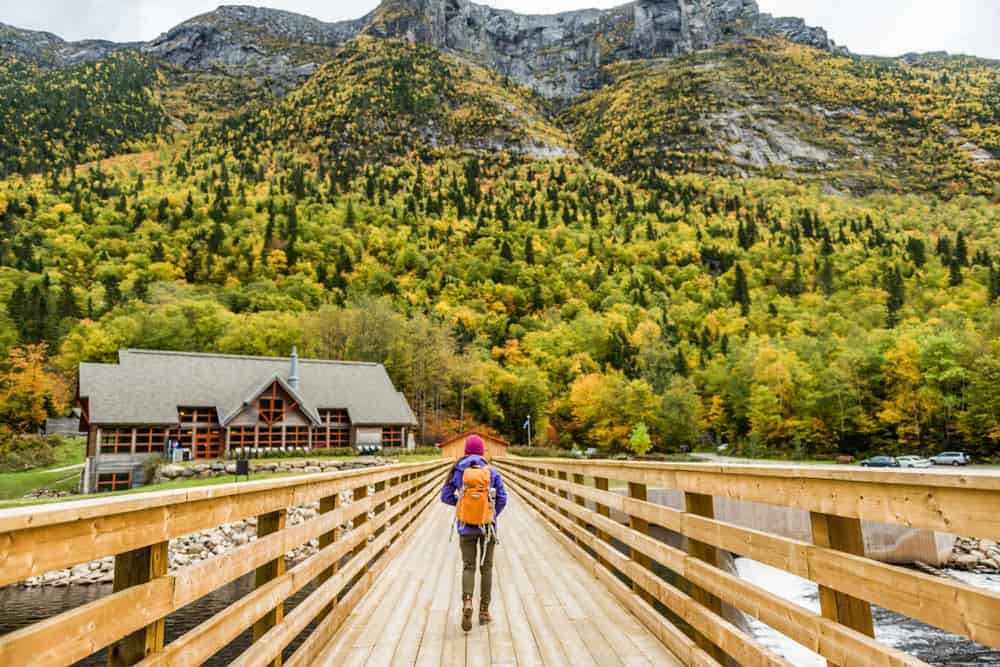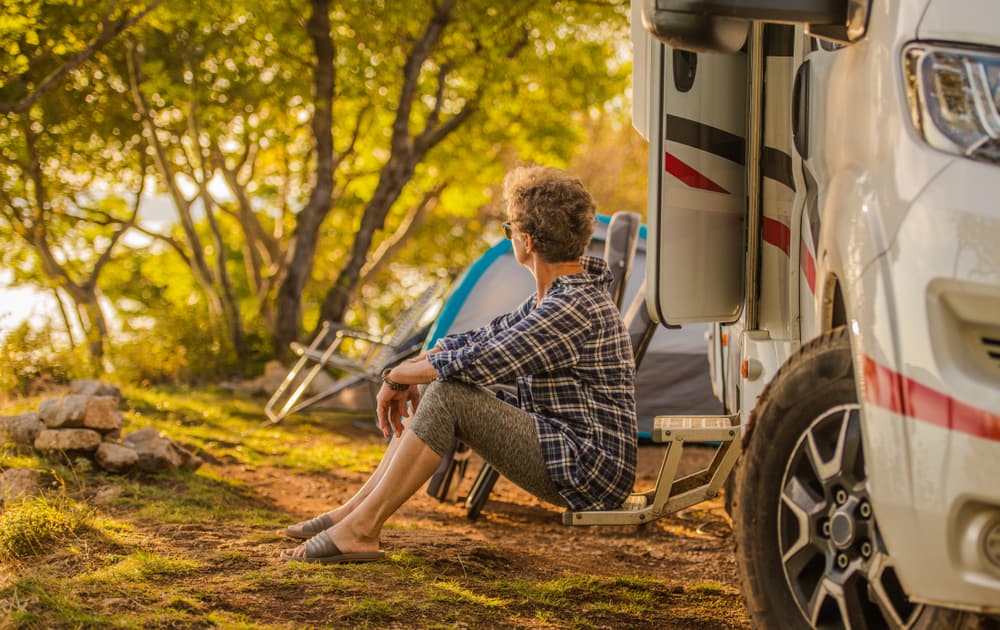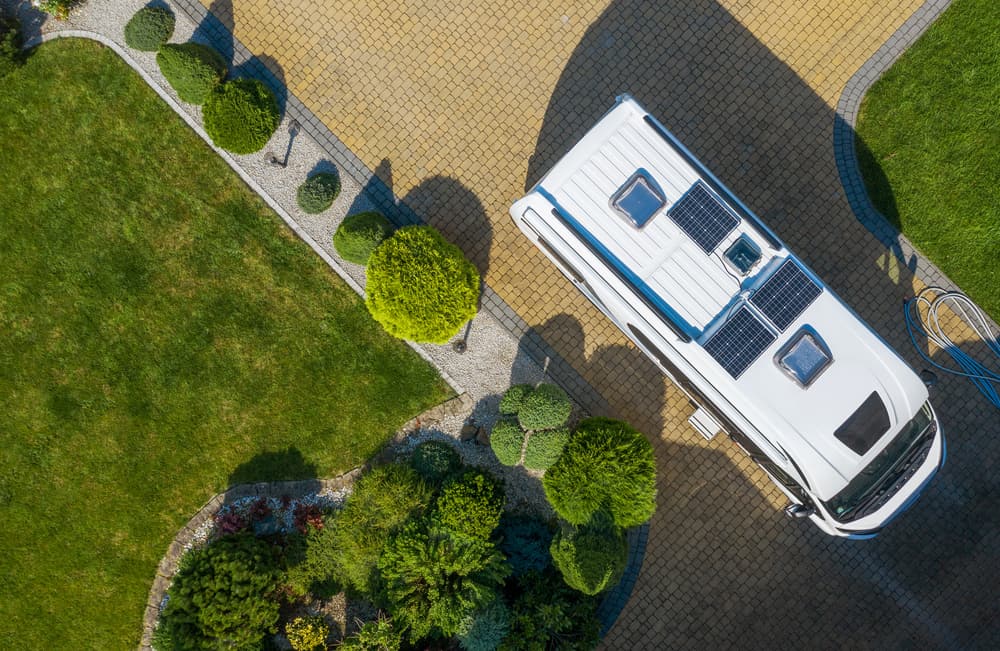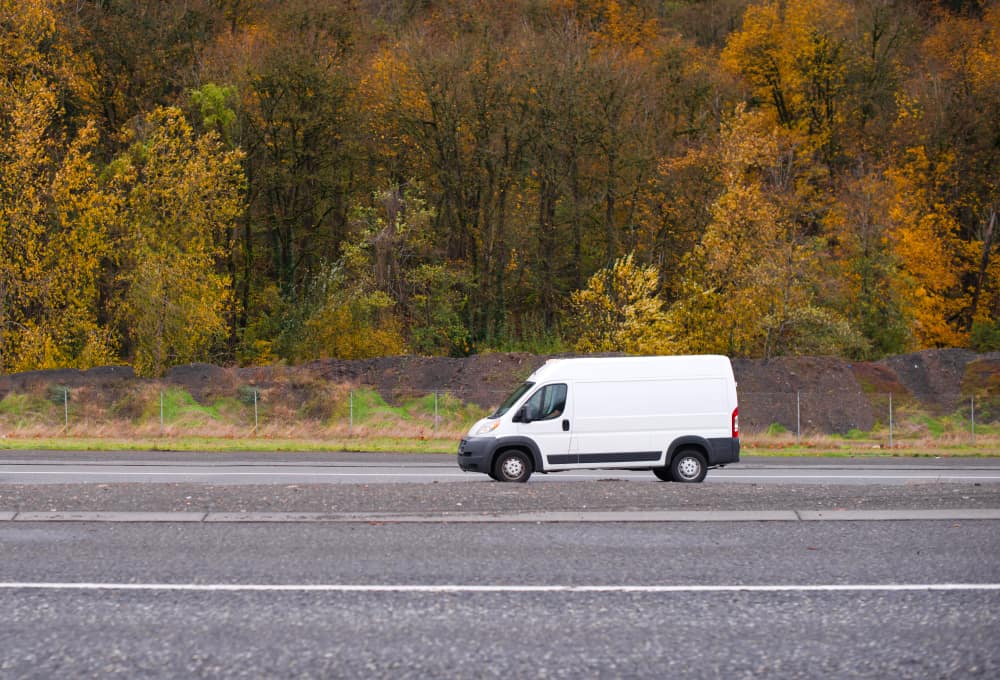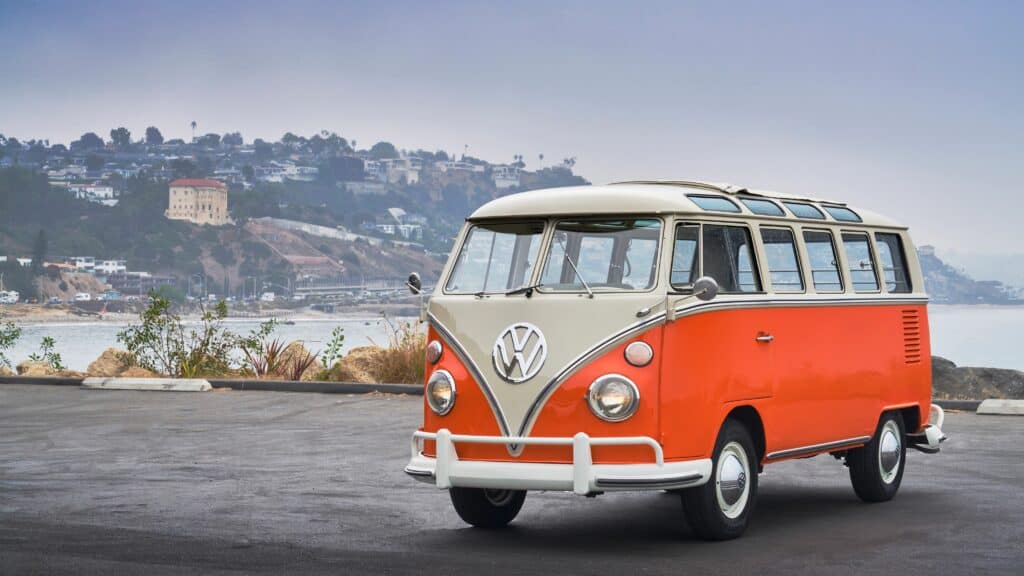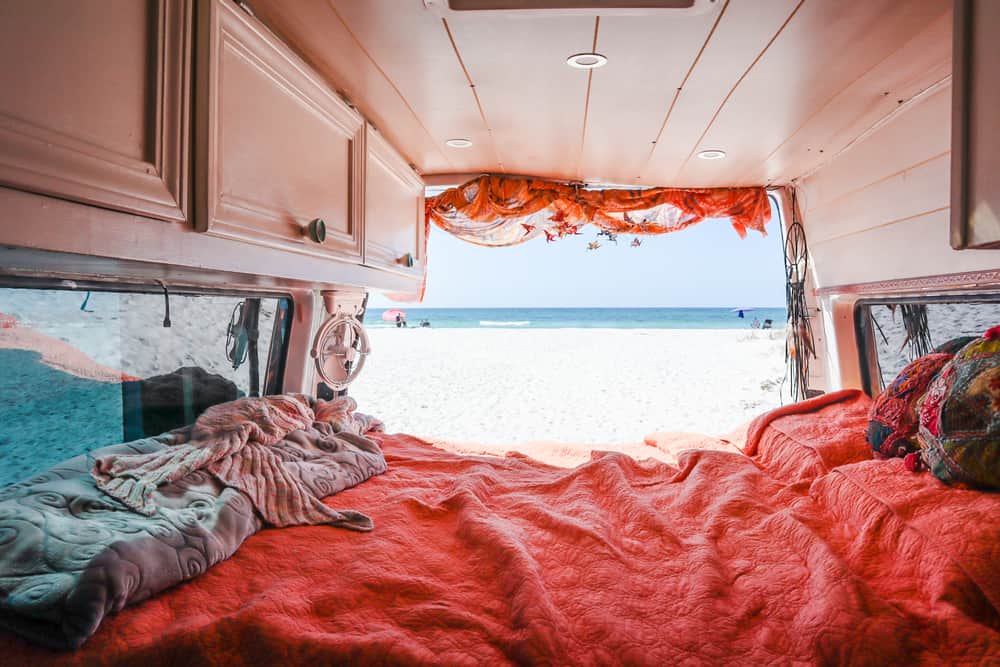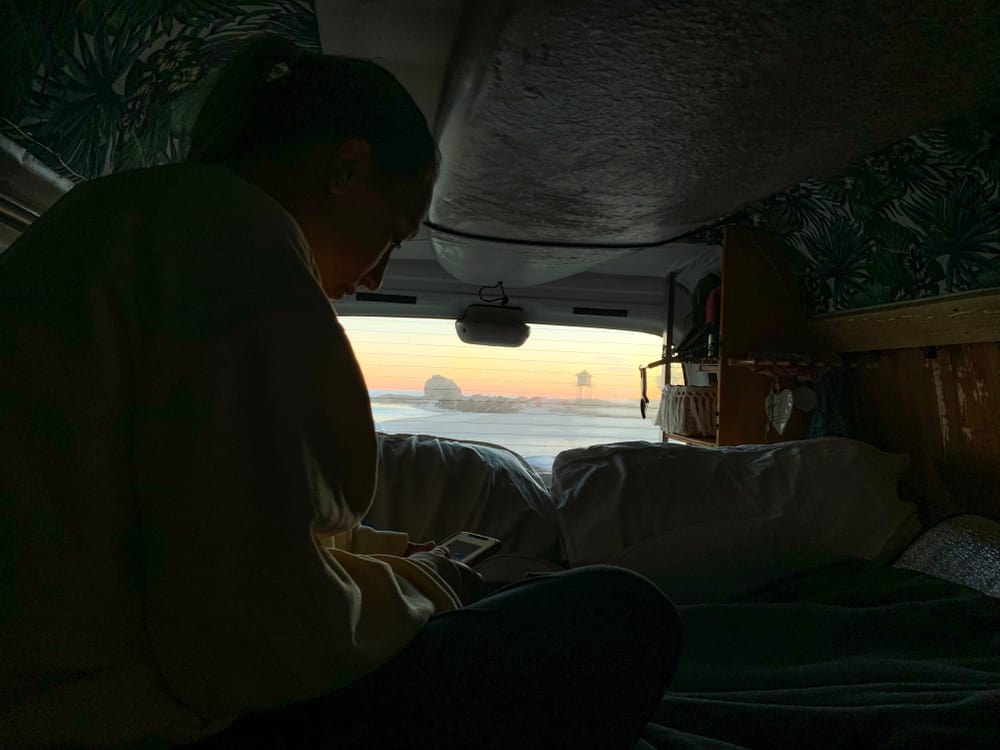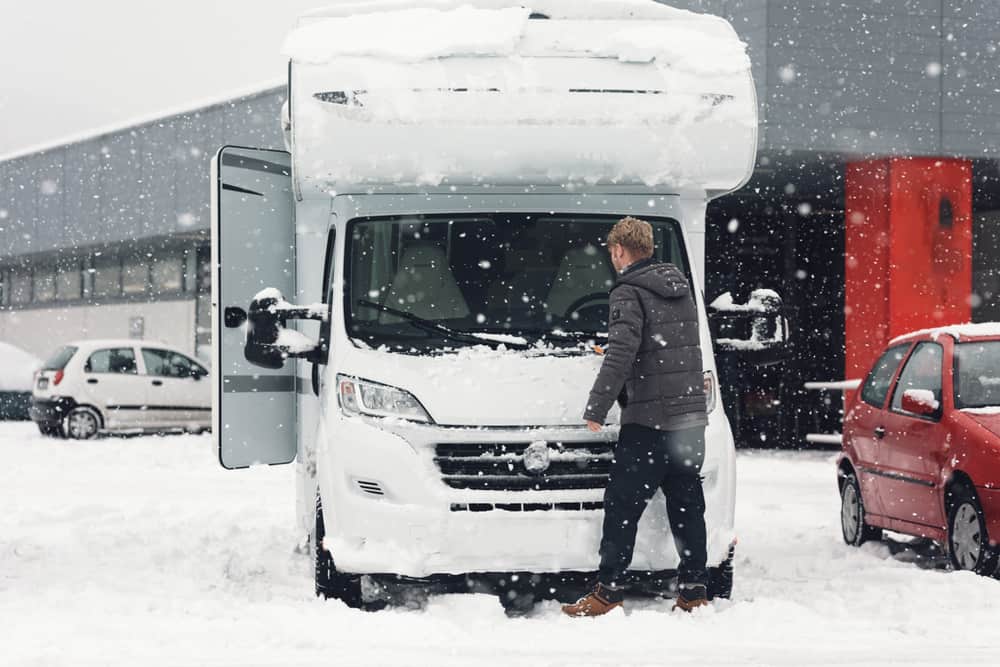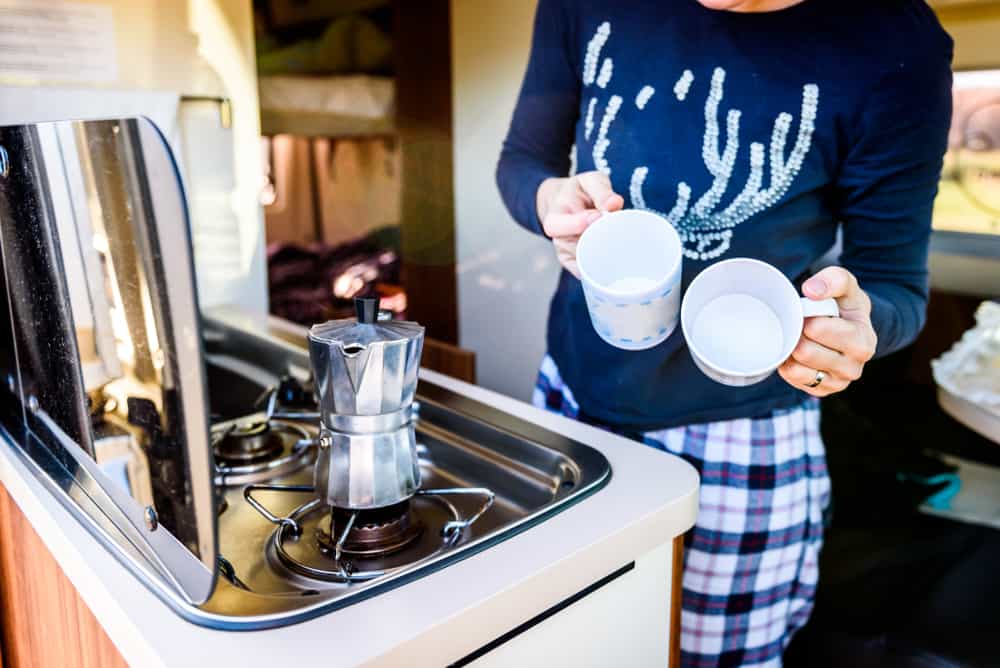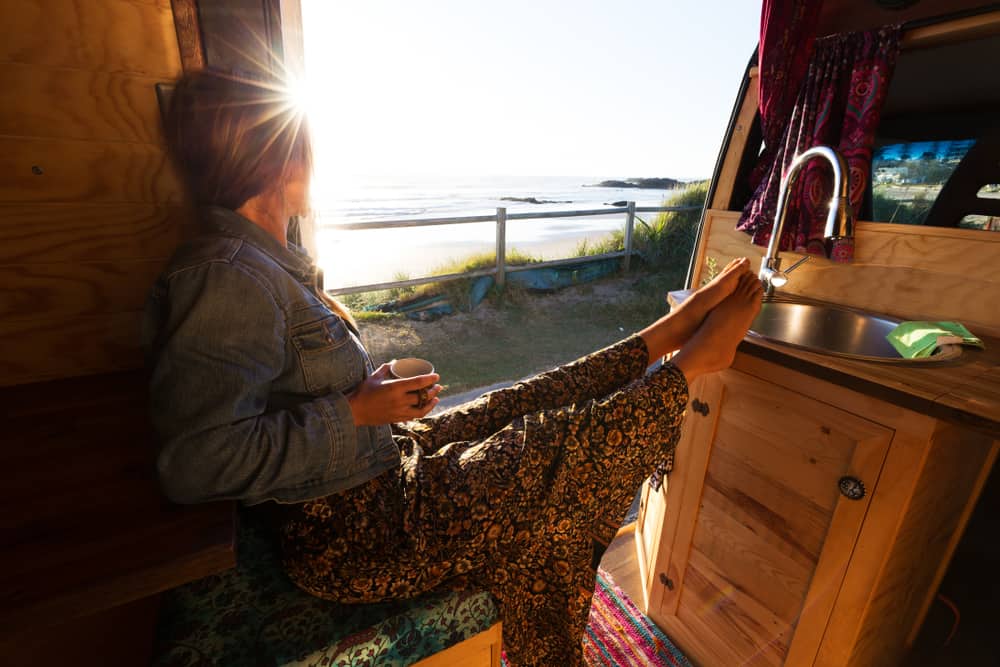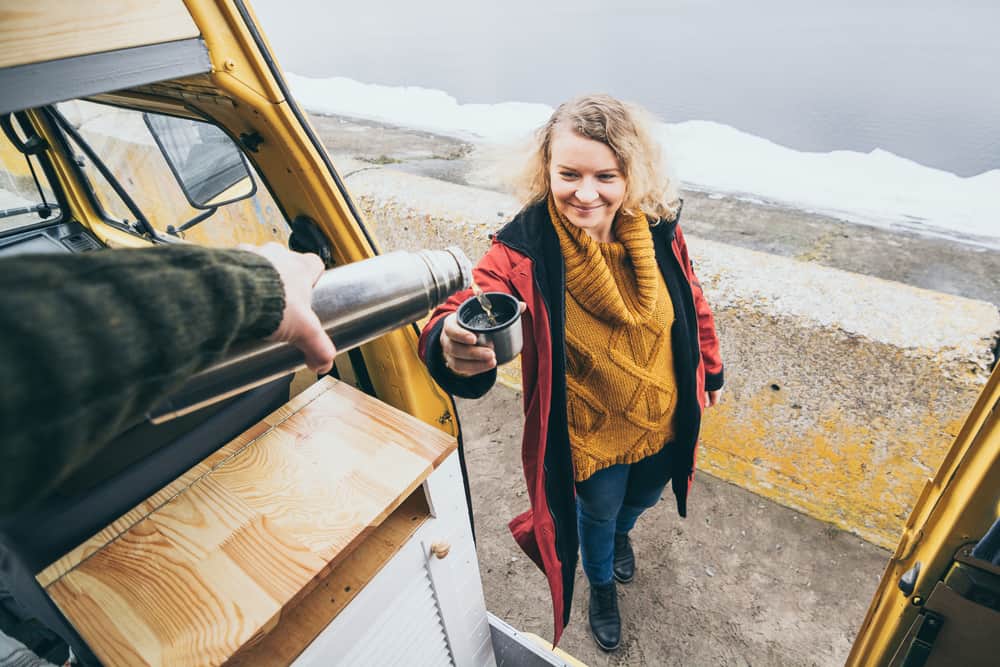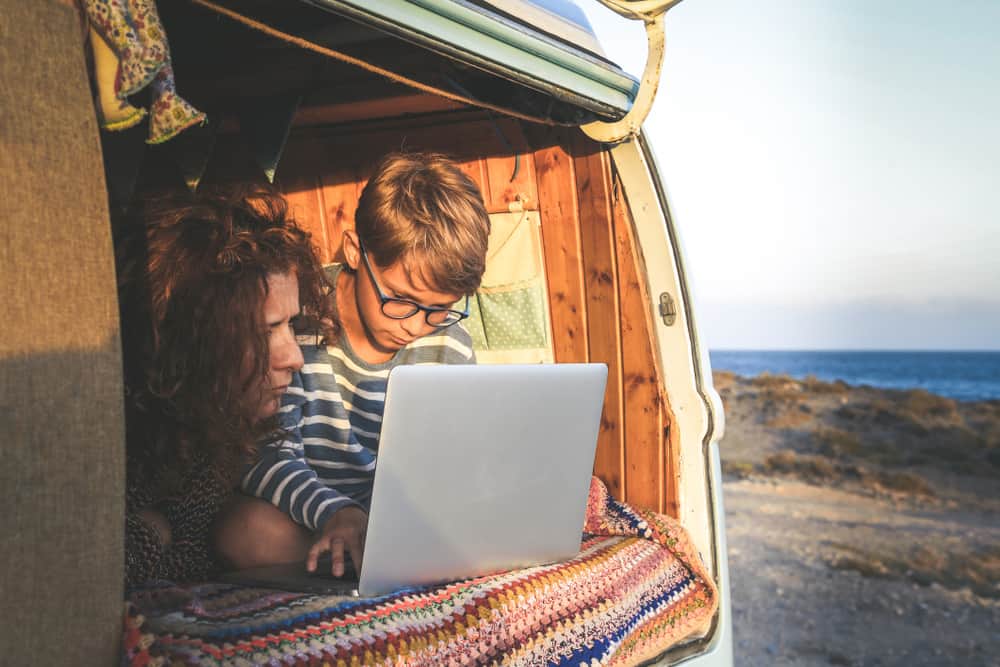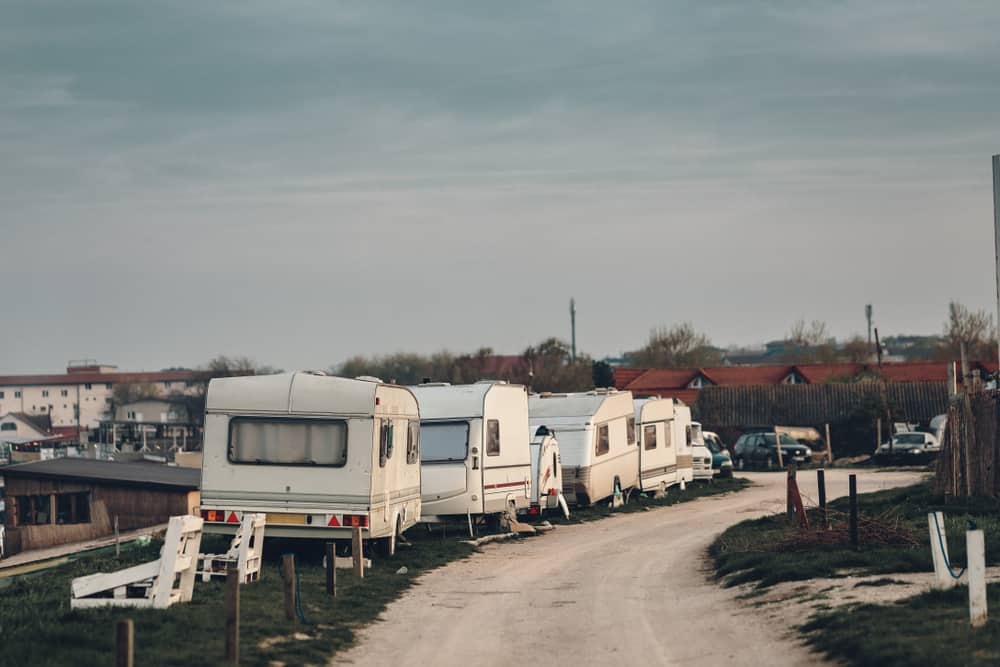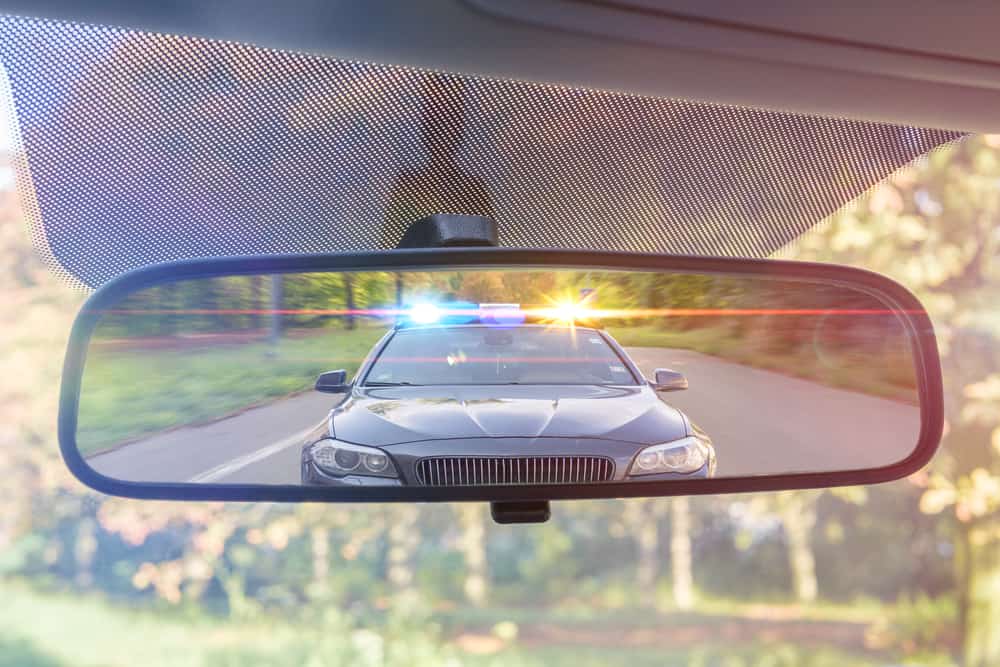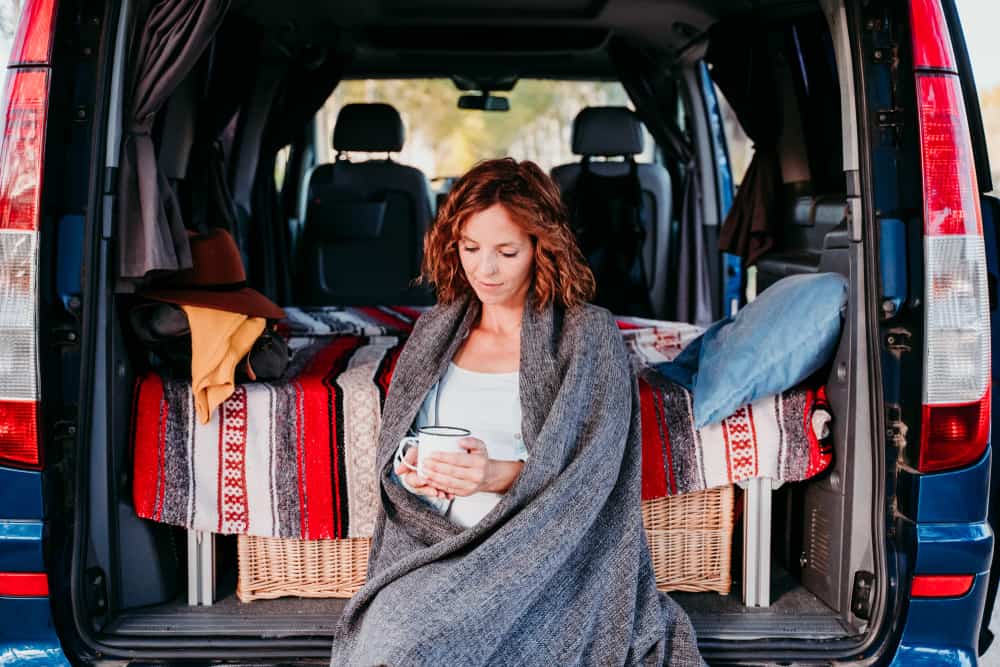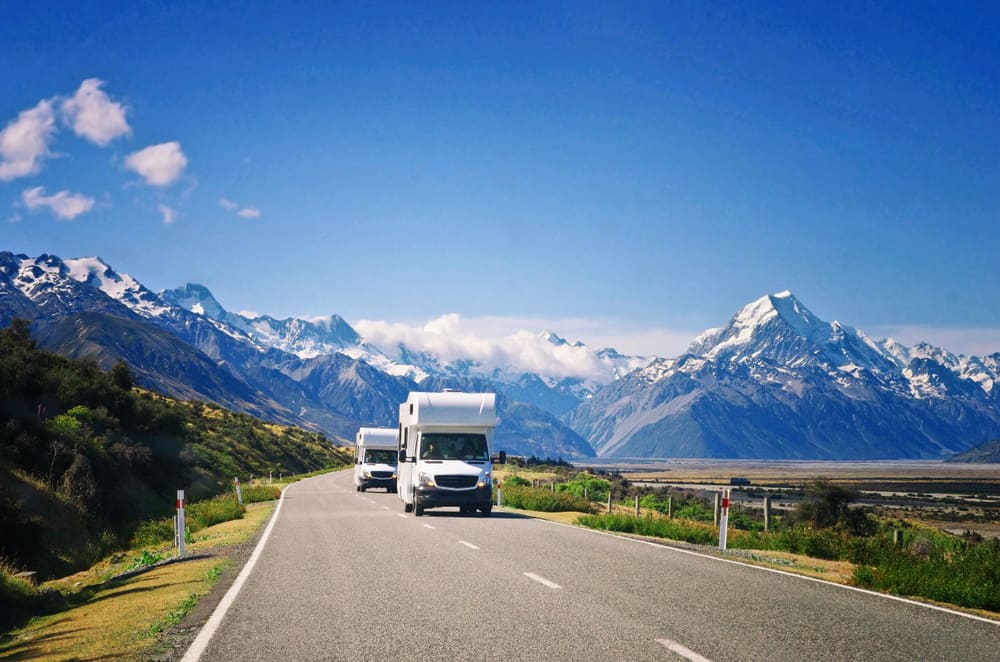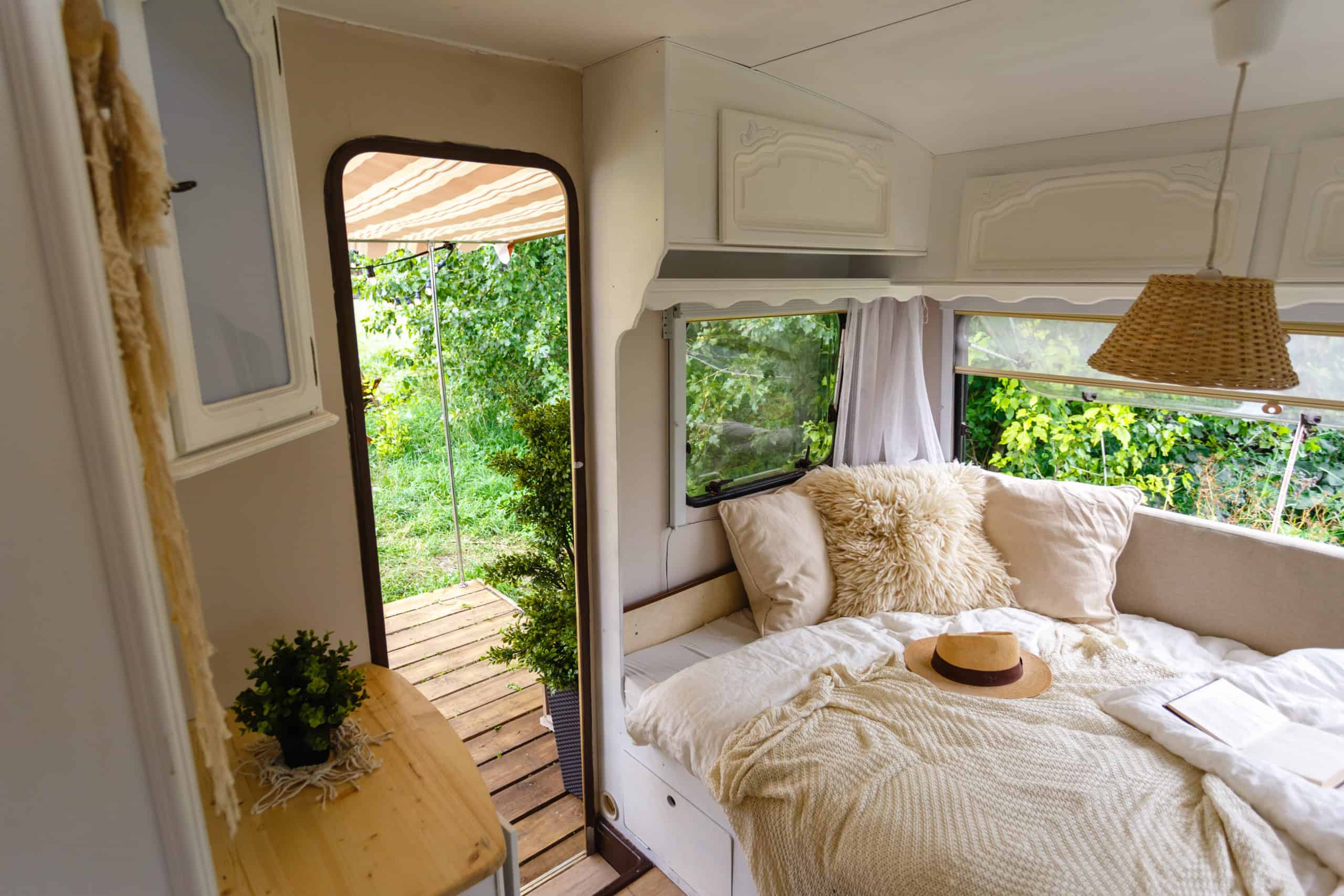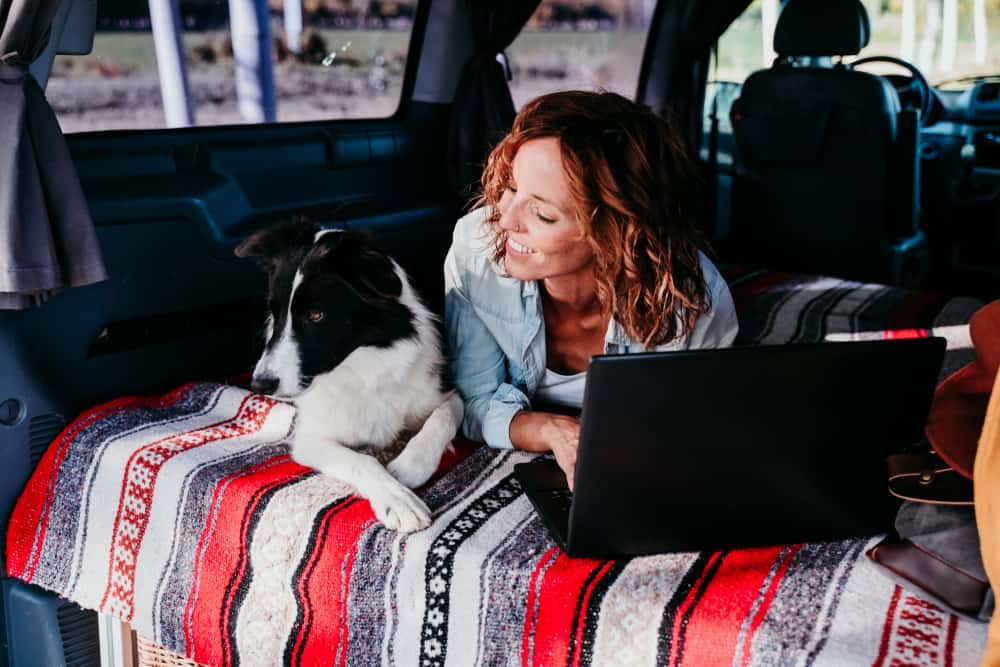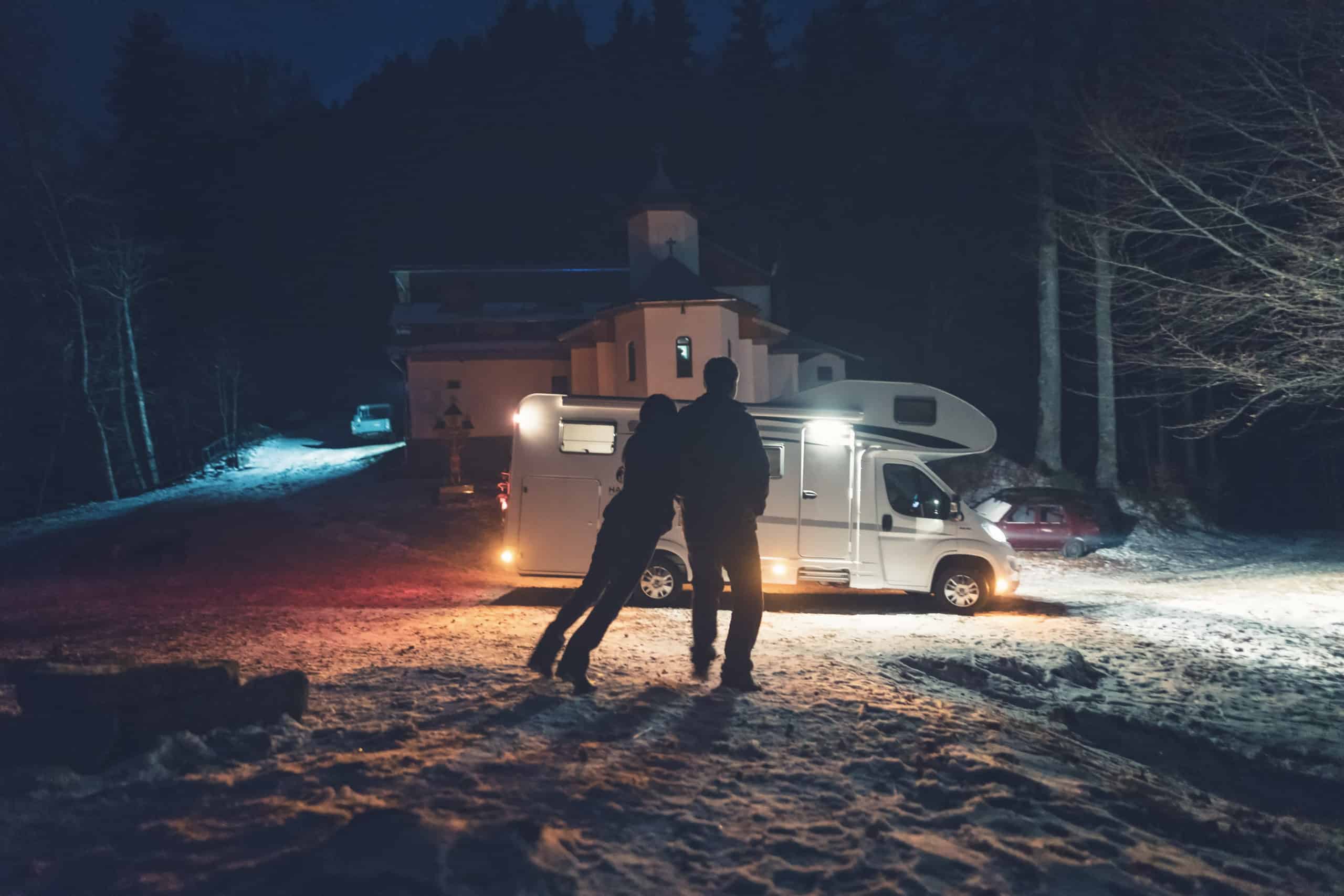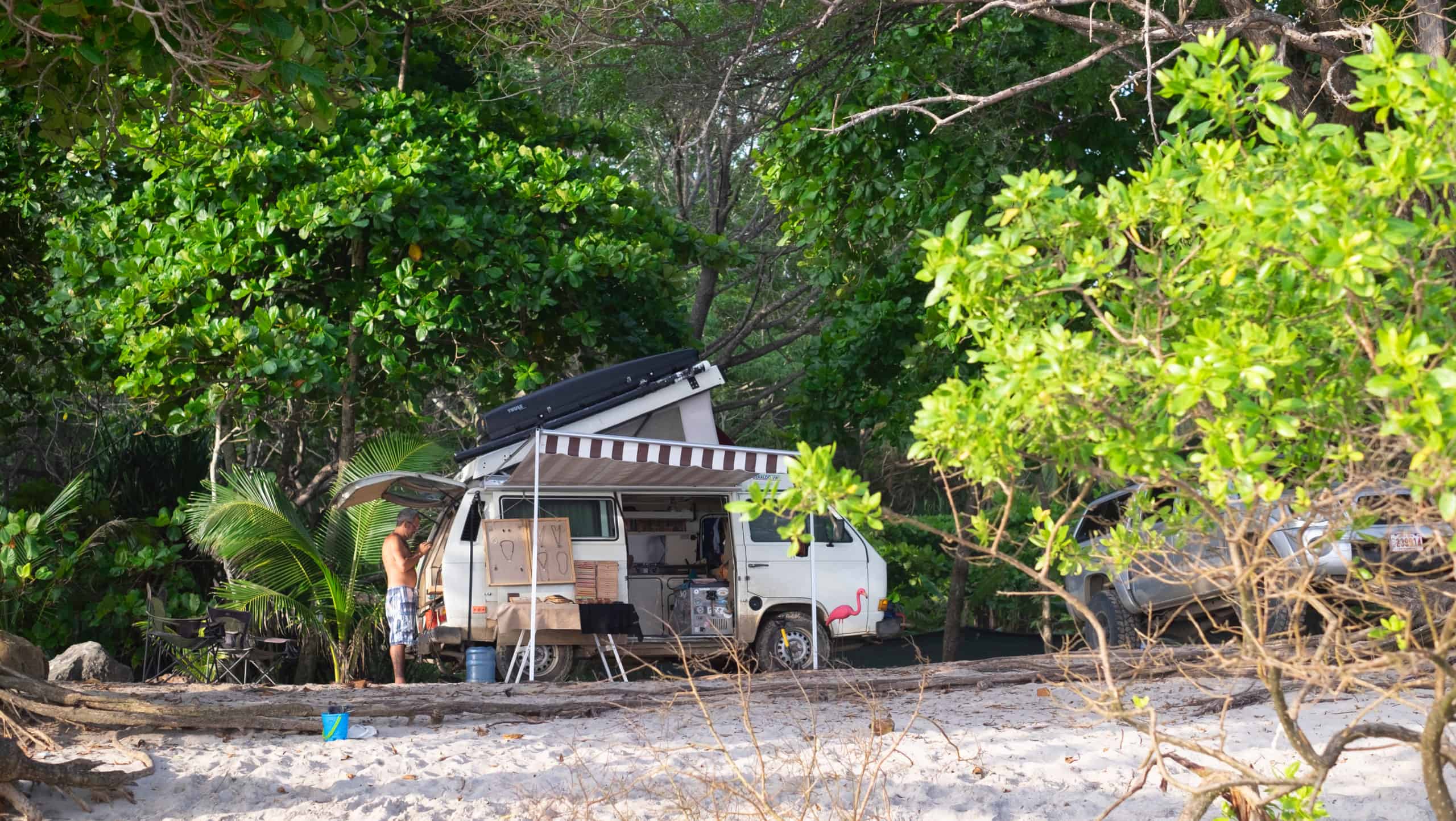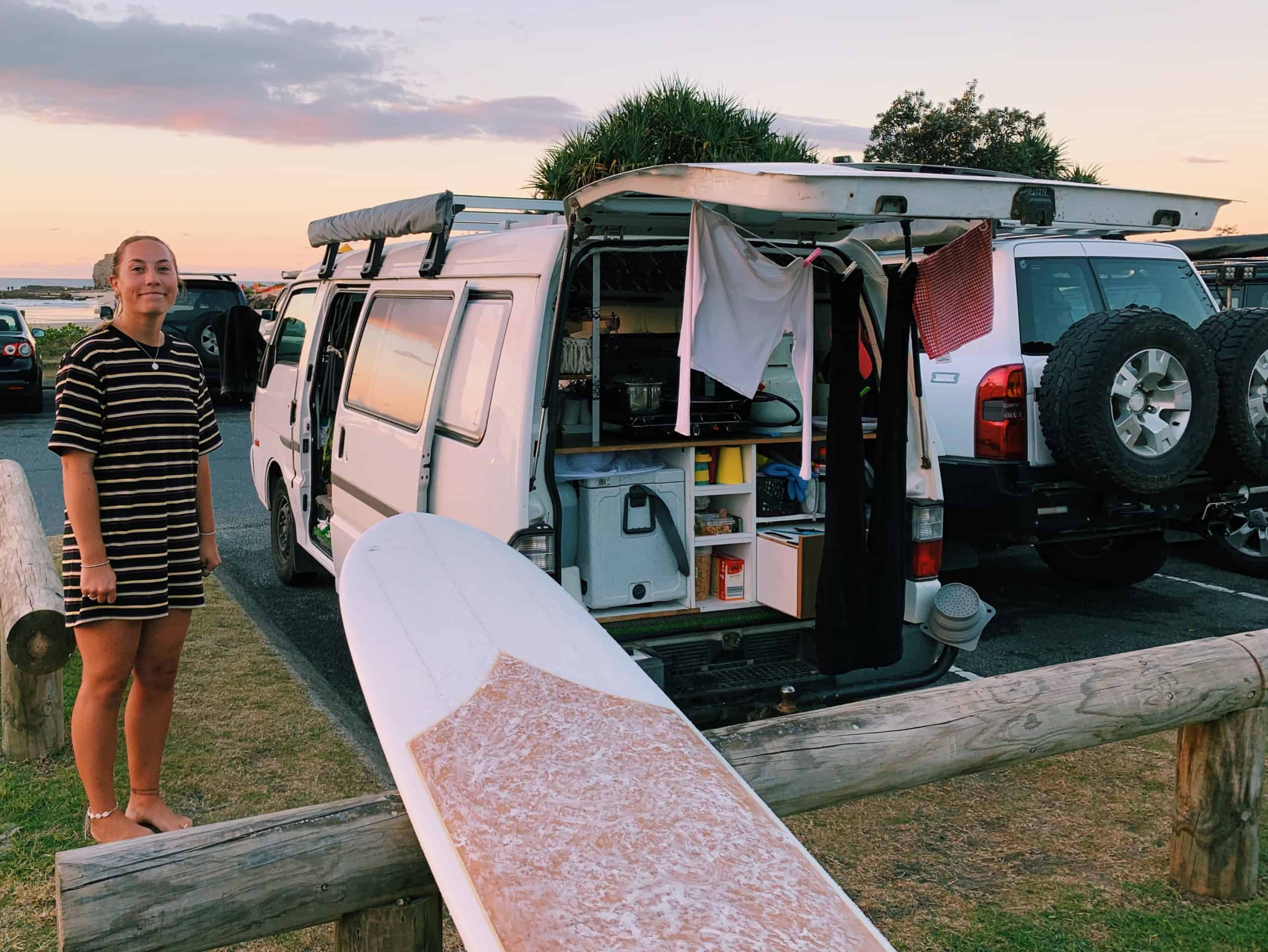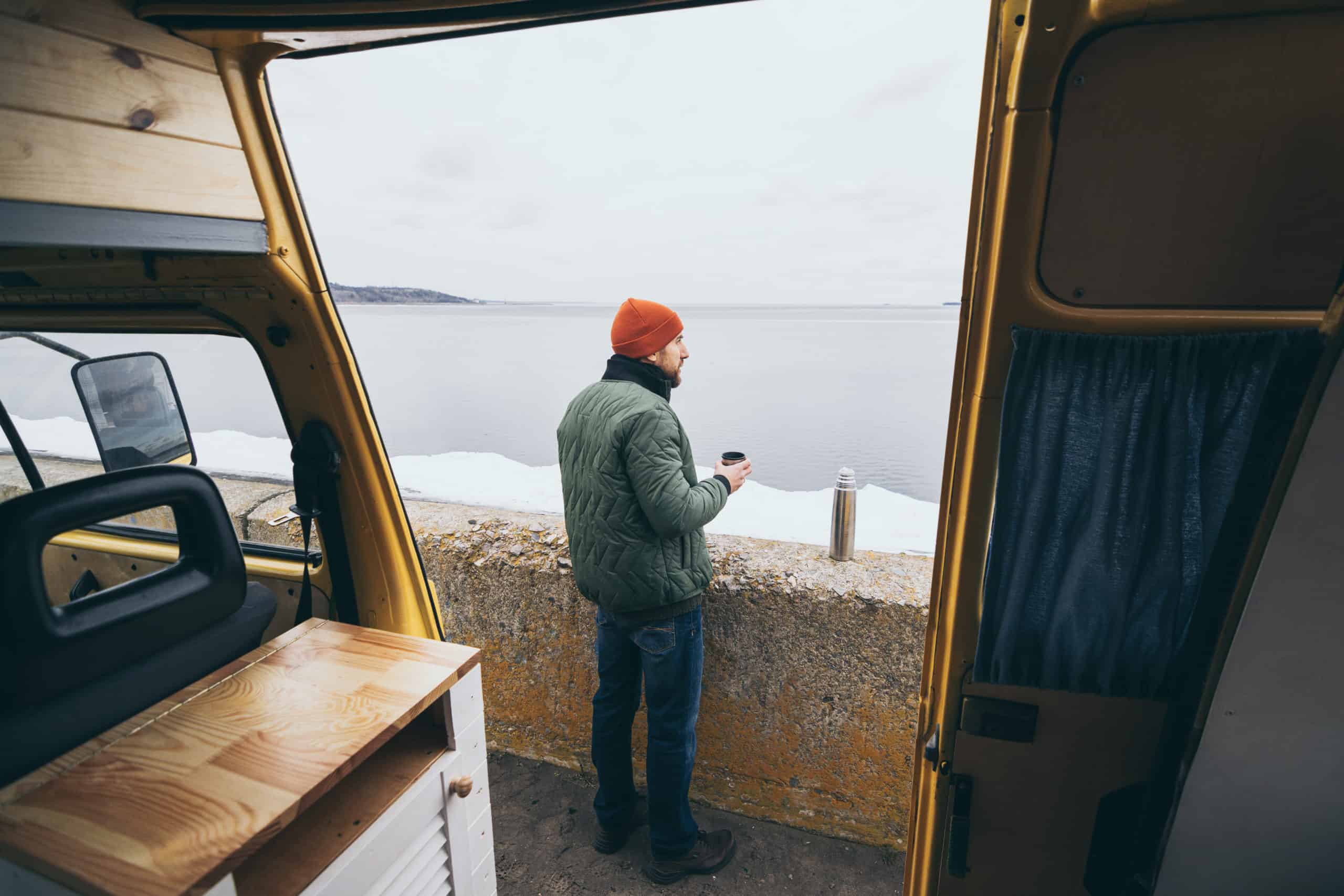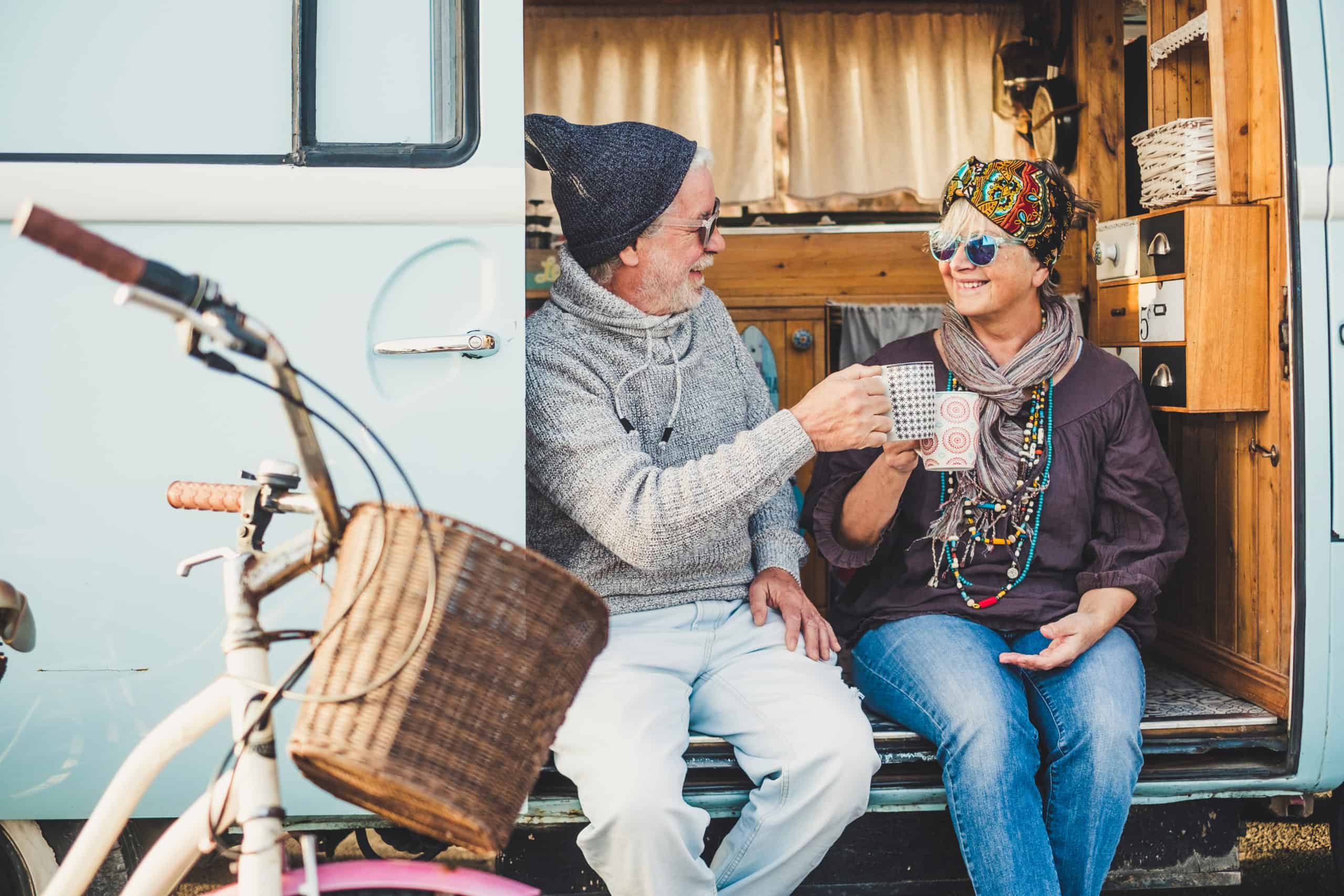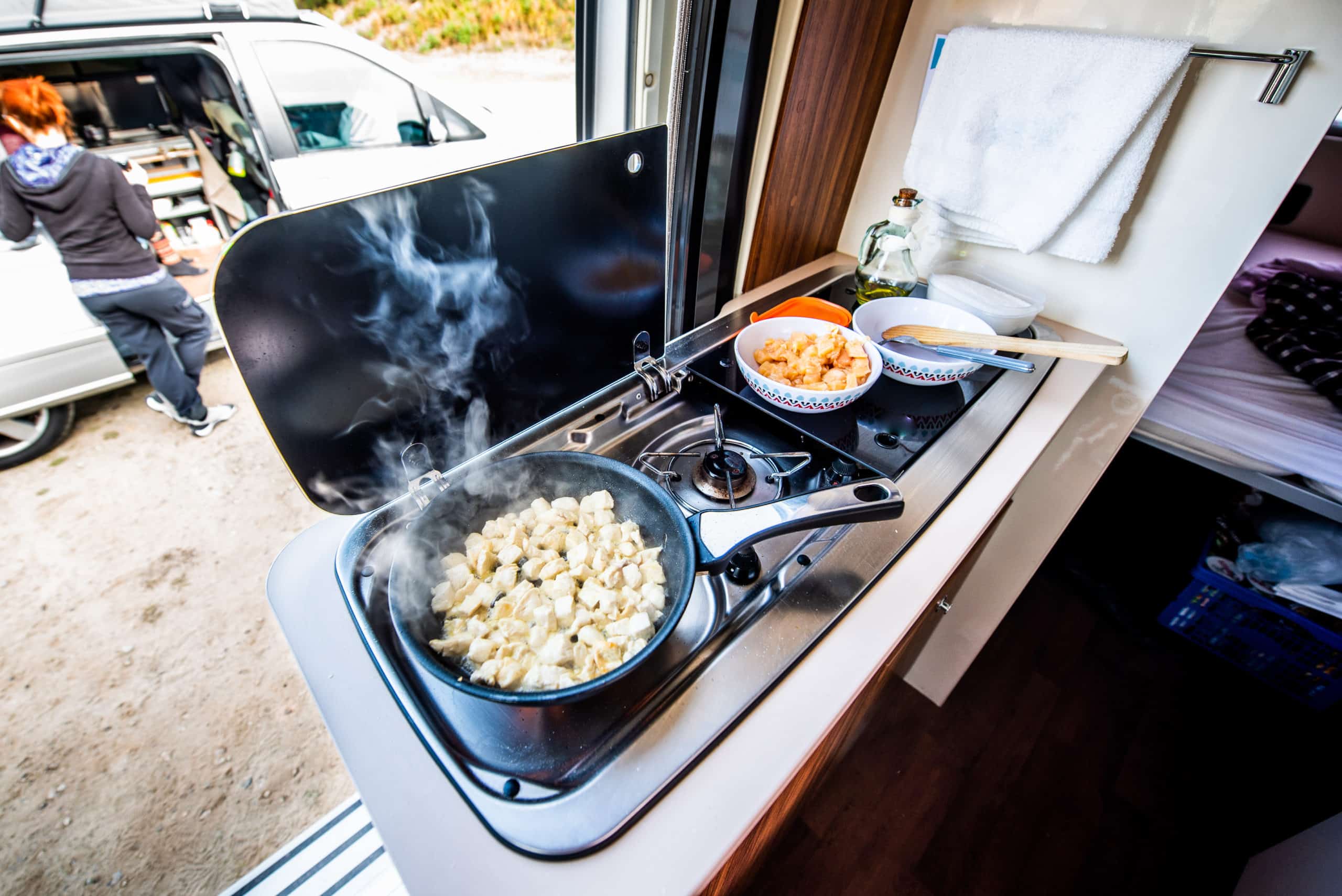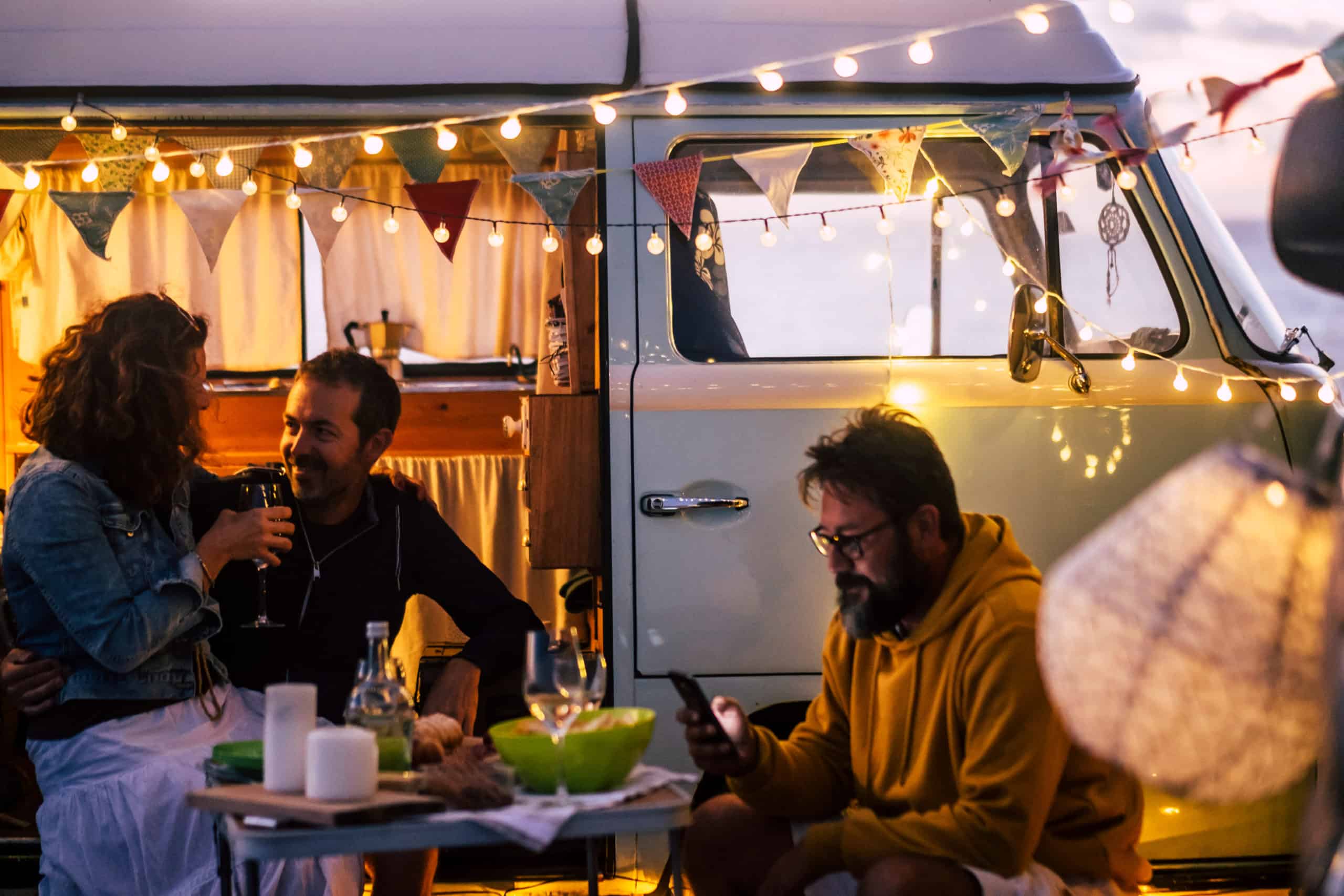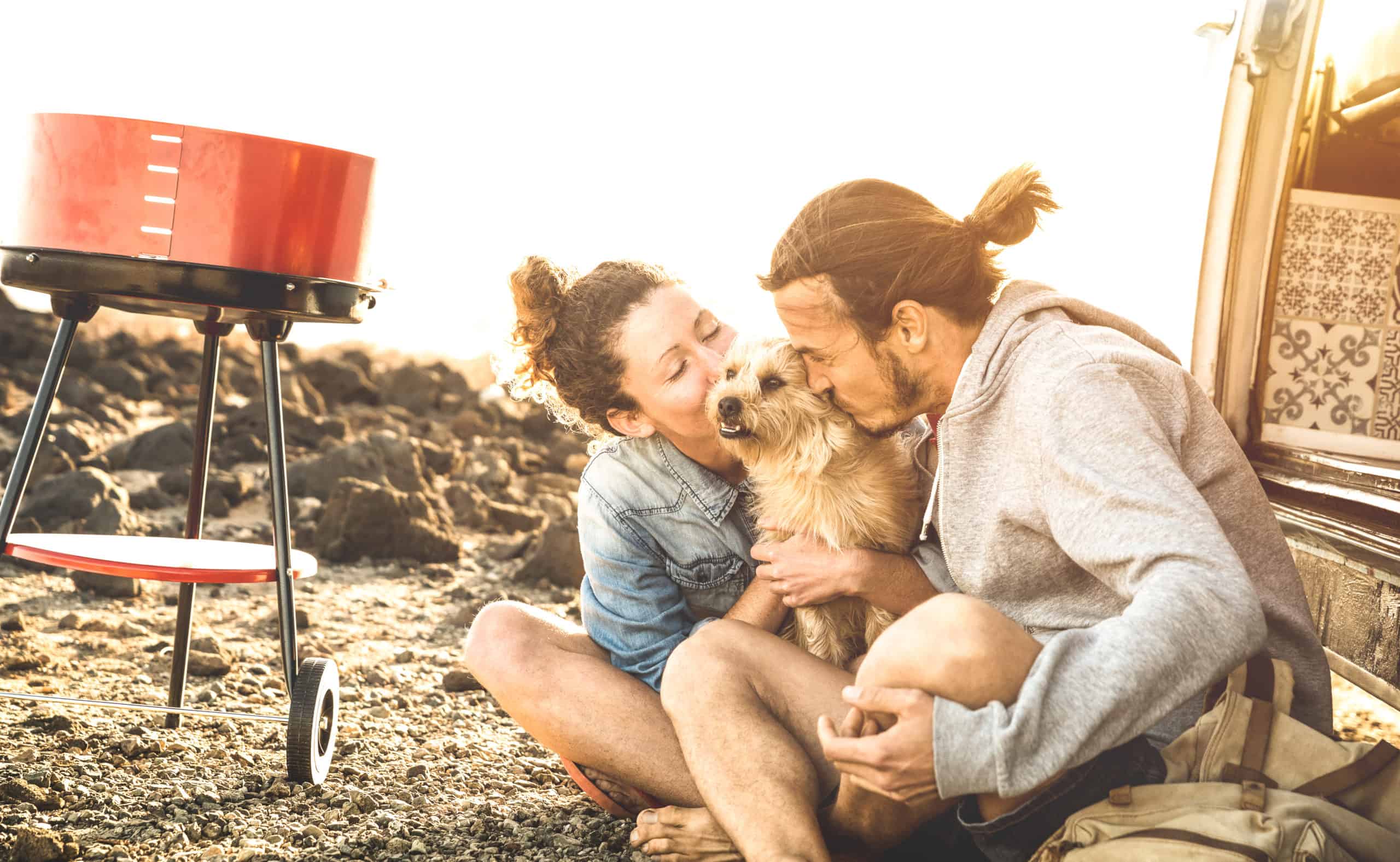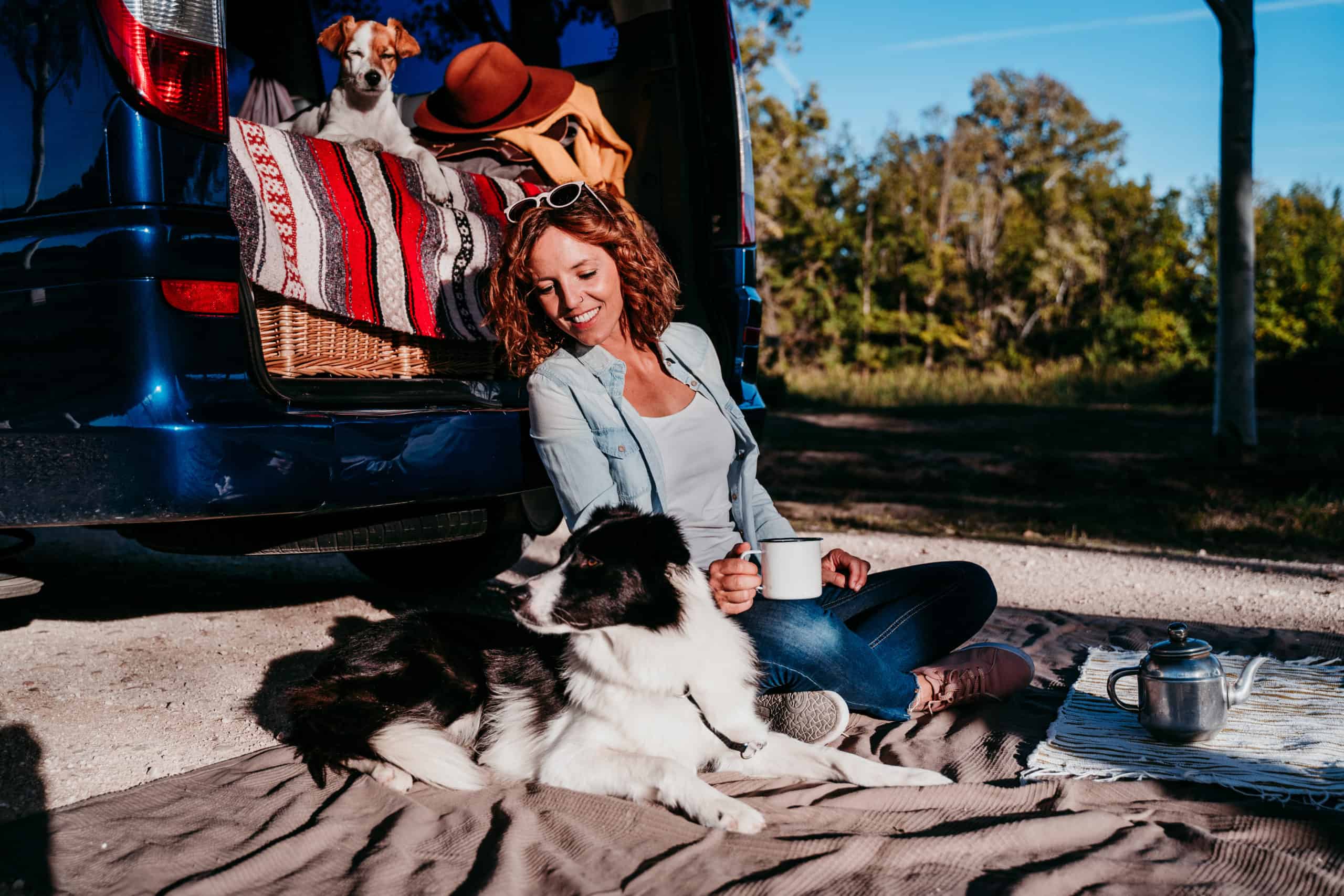All over the internet, Van Life has been portrayed as an amazing way to escape your daily existence. Pictures of beautiful people parking their van near a beach so they can wake at dawn and go surfing truly does look like a dreamy way to live, especially if you’re still young and without a lot of responsibility. As the saying goes, “you only live once”, and some see a cross-country road trip as a way to live your life to the fullest. Some people also consider van life to be a good way to save money, since it means that they no longer need to pay rent on an apartment or a mortgage on a house. However, far too many people jump into buying a van and beginning this new lifestyle without fully considering the consequences of what might happen while living on the road. Here at Home Addict, we’re bringing you 40 very good reasons not to do Van Life.
40. Options For Showering Are Few and Far Between
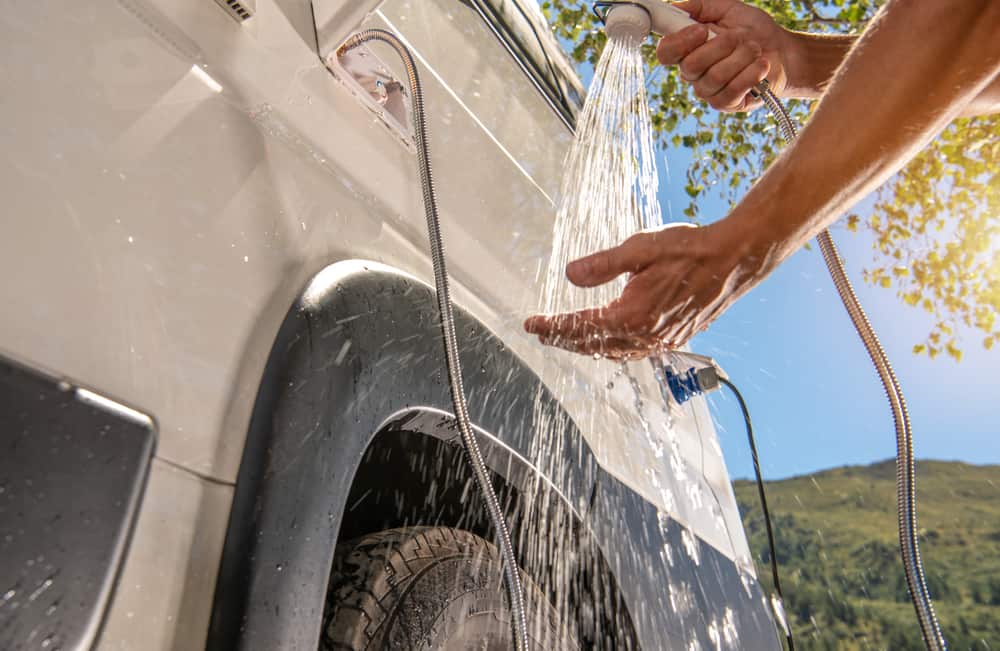
Before 2020, most van lifers paid for a gym membership so that they could use the showers and bathrooms in the morning. By picking a popular chain brand, they could still travel to various locations around the country. However, even when gyms are reopening, all of them are still banning the use of the showers and pools. There are many RV parks and campgrounds that will still allow you to use the public showers. However, this means you are forced to pay the nightly fee to stay at that location. It becomes more expensive to take a shower compared to methods people used before.
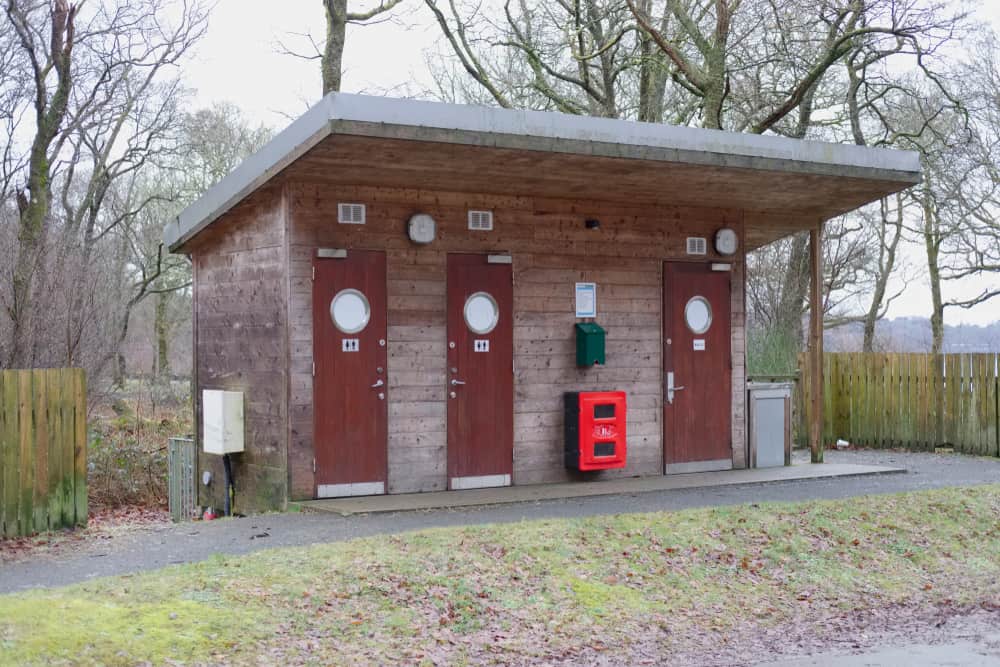
There are some die-hard van lifers like Max Bids who is completely renovating a brand new van to include a shower and interior plumbing. The obvious downside to this is that a new van build can cost tens of thousands of dollars, which is more than what most young people can afford. Going forward, newcomers will most likely see building a van with its own bathroom and shower as a must-have, rather than a luxury.

